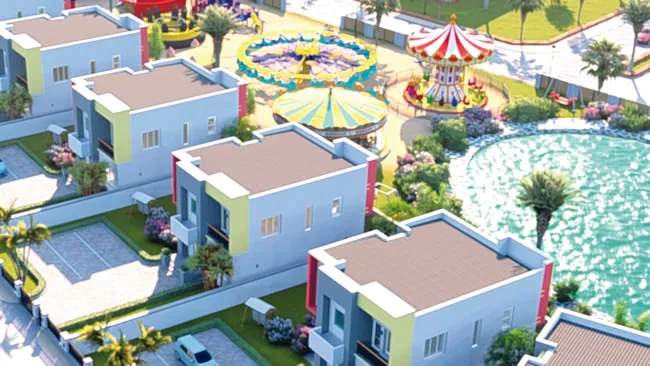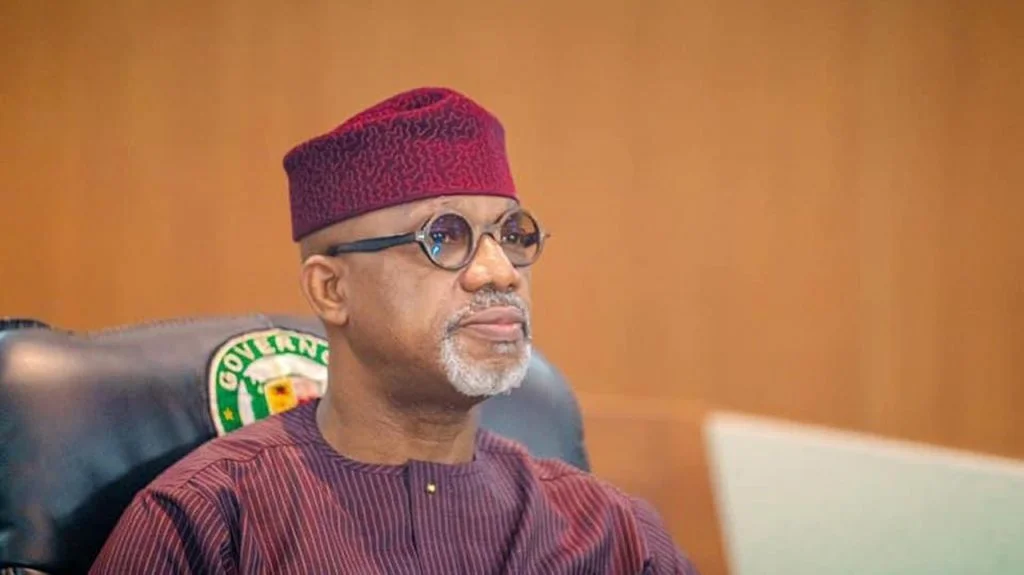Lagos’ Luxury Housing Boom Widens Inequality Gap as Affordable Homes Remain Elusive

Surging diaspora demand and short-let profitability fuel top-tier growth amid deepening housing mismatch
Despite Lagos’ acute housing demand, the city’s luxury residential market is soaring, even as low- and middle-income residents face worsening affordability challenges, according to a new housing report by the Roland Igbinoba Real Foundation for Housing and Urban Development (RIRFHUD).
The report, titled The State of Lagos Housing Market, reveals that elite districts such as Ikoyi, Banana Island, Victoria Island, and Eko Atlantic continue to dominate high-end property investments, with six-bedroom units in Banana Island and Eko Atlantic reaching index values above 700 by Q4 2024. Annual price growth in these areas has surged between 20% and 60%, driven largely by high-net-worth individuals and Nigerians in the diaspora.
However, the report highlights a deepening housing supply gap in lower-income zones like Alimosho, Ikorodu, and Badagry areas with the highest demand but scant new development. Rapid urbanisation, marked by an influx of roughly 600,000 people each year, is further stretching the already fragile housing infrastructure, especially for younger residents and professionals seeking affordable options.
“While the upper-tier market thrives, the affordable segment remains significantly underserved and underfunded,” the report stated.
Short-let apartments and serviced homes have become increasingly profitable, with yields in highbrow areas jumping by as much as 1518%. Developers are shifting focus to short-term rental models like Airbnb to maximise returns. Yet this trend is contributing to higher vacancy rates in mainland districts, worsening the shortage of homes for long-term residents.
The report also flags concerns over investor fatigue and market stagnation in the luxury segment’s 4- and 5-bedroom categories, attributing this to forex instability, mortgage scarcity, and rising transaction risks.
Meanwhile, inflationary pressures and infrastructural deficits are compounding the affordability crisis. The cost of a 50kg bag of cement rose from around N4,500 in early 2024 to over N8,500 by early 2025. Despite local production, critical inputs such as steel, tiles, and sanitary fittings remain import-dependent and subject to naira devaluation, high tariffs, and fuel-related transport costs.
“Diesel hikes are significantly raising delivery costs to developing areas like Ibeju-Lekki and Badagry,” the report added.
As investors chase short-term gains in luxury real estate, housing experts warn that long-term residential use is declining widening the gap between Lagos’ booming high-end market and its struggling urban majority.









